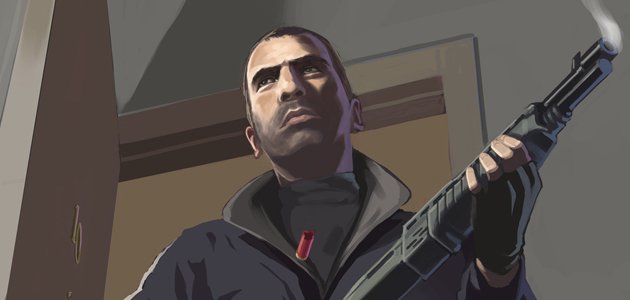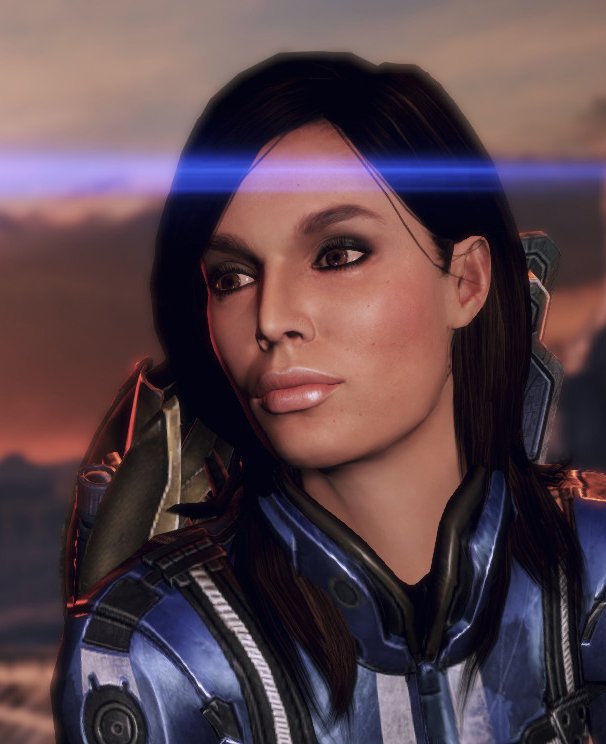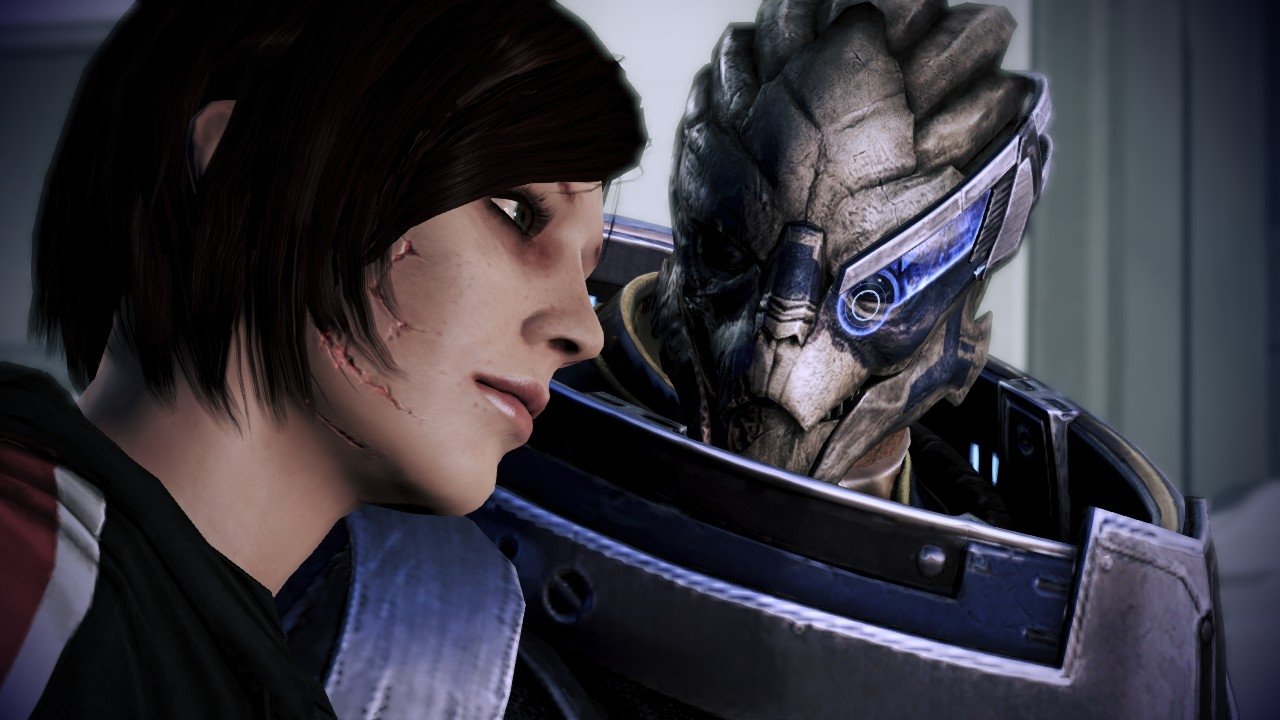A few years back, I managed to sit down and have a good long talk with God of War/Twisted Metal developer David Jaffe and asked him, among other things, about why there was so little romance as an actual play element in games, and whether that lack was just too hard. Here’s part of his response:
You can candy-wrap an RPG and make it about romance, and I don’t mean a dating simulation. You can do an RPG that’s all about a character who… you could do like, 500 Days of Summer the RPG, and it would totally work, because you could create metaphors instead of battling monsters and demons and trolls. You could have emotions that you’re battling, or you could have self-doubt, or a number of other things that you have to beat, that are given the guise of AI enemies, and your leveling is written about in such a way that you’re not just leveling up some random bar. You’re putting points into how romantic you are, or how considerate you are, or you trade your points for money so you can buy the girl gifts, but what does that actually do? Does she love you for your money, or your actions?
The inherent challenge, as Jaffe pointed out, was taking an emotion, an abstraction, and putting that into interactive, mechanical, playable terms. War is easy, since it’s simply “A versus B” and the all the heavy lifting is done figuring the exact way that people battle each other, whether it’s an FPS, a turn based system like chess, or a real time strategy game involving the positioning of forces and resource management. But love and romance are much more difficult to nail down. Usually romance is merely the MacGuffin, the reason a struggle exists. Mario wants to rescue the Princess, Link wants to rescue the Princess and so on. Other times, romance is there because developers feel it adds substance to the story of a game. Recent examples are the creepy, not-quite-declared love between Master Chief and Cortana in Halo, or the sad attempt at happiness by NicoBellic in Grand Theft Auto IV. Romance is rarely an actual element of play.

But love and romance are much more difficult to nail down. Usually romance is merely the MacGuffin, the reason a struggle exists.And yet at the same time, when it IS a play element, and executed with consideration and proper pacing, it can often become one of the more talked about aspects of the game. Anyone that’s played a BioWare game in recent years knows that while romance is not the point of the game, everyone enthusiastically discusses which characters they decided to partner with. Alistair, of Dragon Age: Origins fame is heavily favored by many female gamers as one of the most memorable characters and romances in gaming history. His obviously false bravado masked inexperienced man, genuinely anxiety stricken about romance. I personally know a lot of female gamers that developed a heavy emotional investment in gaining his trust and even feeling guilty when they cheated on him and he expressed an authentic sense of betrayal. Alistair is one of the few characters in gaming that has had the privilege of causing people to reload their game several hours back because of the remorse they felt at hurting his feelings and wish to undo the harm and be faithful to him. For Mass Effect fans, debates still rage about the desirability of Ashley versus Liara versus Tali. Even though both games are still about the very traditional goal of saving the world, a major highlight of most gamers’ experiences was getting romantically involved and seeing what happened next.
 So with romance being such a popular subject (after all, it’s been a hot topic in literature, music, film and the stage since the beginning of art) why is it that games have been so slow to understand its allure? Games are about interactivity. No other medium has the ability to not just let people watch a romance bloom, but actually be a participant, and yet despite the millions of teenage girls that flock to Twilight, proving the immense profitability of playing to a romantic fantasy, games continue to indulge largely in the power fantasy. People like romance, though females are generally more open about stating their enjoyment for it. People pay money to read about it, watch it, or hear a song that encapsulates it.
So with romance being such a popular subject (after all, it’s been a hot topic in literature, music, film and the stage since the beginning of art) why is it that games have been so slow to understand its allure? Games are about interactivity. No other medium has the ability to not just let people watch a romance bloom, but actually be a participant, and yet despite the millions of teenage girls that flock to Twilight, proving the immense profitability of playing to a romantic fantasy, games continue to indulge largely in the power fantasy. People like romance, though females are generally more open about stating their enjoyment for it. People pay money to read about it, watch it, or hear a song that encapsulates it.
So why, with such a proven track record of commercial viability, is the games industry still so shy about it? Are we as gamers, a special segment of society that deplores romance? Are the woman that are now playing games more and more often also averse to romance and never enjoy a film or book about it? Are people that play games less romantic than others and thus would be repulsed by its presence? I’m pretty sure the answer to all these questions is “No,” but for some reason, the people who look at a game’s marketability don’t agree.




